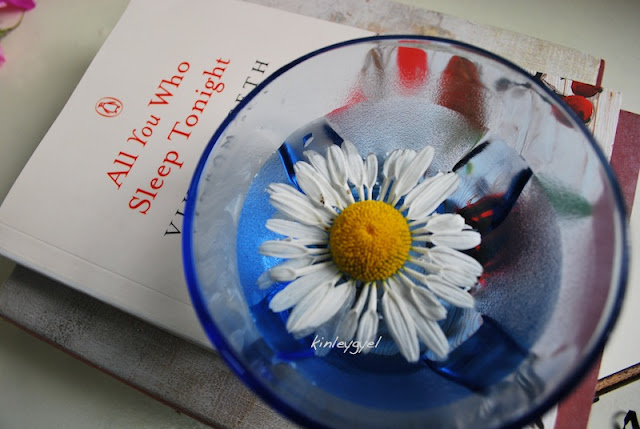(Editorial - 2nd for daily newspaper Kuensel)
The prime minister, in his state of the
nation report, declared 2015 as the Reading Year. It is one the best
news from Parliament in recent days.
It is also a news that almost every Bhutanese citizen would welcome, although they may not be practicing it.
Reading is important, perhaps more important than pay raise and taxes, for it focuses on more than just deficiency among Bhutanese. The benefits of reading are many. It exercises the mind, teaches concentration, and provides a wealth of knowledge – all of which everyone is aware of. But its importance gets drowned, and ignored, most likely by the supposedly important taxes, salary hikes, and other issues of national interest.
It’s a cliché that Bhutan leaped from a culture of rich oral tradition to the visual medium, forgoing the printed word. But if oral tradition was rich, it’s a good indicator that Bhutanese can be good readers. It’s simply a matter of timely intervention and a necessary push.
Reading skills do not emerge out of the blue, and no age is too early (or late) to start. To read, one has to comprehend, and to comprehend, one has to talk, understand and know language.
Scientific evidence supports exposing children early to language, as early as the time they are in the womb. Literacy in the first and second years of lives is most effective in making them skilled readers later in life. It is in this nascent period, that language develops at a pace that is unmatched at any other age, or ages put together.
In the UK, a ‘talk to your baby’ program found that children, who are less spoken to, have a smaller vocabulary then their peers.
In Bhutan if most adults are a lost cause, the reading habit is still not beyond hope. If adults feel and know reading to be important and good for their children, they will, and must, take up the responsibility to teach their children to read, and develop it into a habit.
While buying a toy from a store, pick up a book too – a picture book, an alphabet book or a book of words. Inculcate in your children the hunger to read, to feel the printed page under their fingers, and to crave the smell of paper. This done, in years to come, they will pick a book, for they would know well about the untold treasures it holds.
Scientific evidence also shows that those who read are those who perform well academically, not to say that’s the sole reason why children should read. It simply means children grow intellectually and, as they grow, they understand things easier, better and faster.
Next year may be the Reading Year, but one need not wait that long. It is said children are made into readers on the laps of their parents. Start today.
It is also a news that almost every Bhutanese citizen would welcome, although they may not be practicing it.
Reading is important, perhaps more important than pay raise and taxes, for it focuses on more than just deficiency among Bhutanese. The benefits of reading are many. It exercises the mind, teaches concentration, and provides a wealth of knowledge – all of which everyone is aware of. But its importance gets drowned, and ignored, most likely by the supposedly important taxes, salary hikes, and other issues of national interest.
It’s a cliché that Bhutan leaped from a culture of rich oral tradition to the visual medium, forgoing the printed word. But if oral tradition was rich, it’s a good indicator that Bhutanese can be good readers. It’s simply a matter of timely intervention and a necessary push.
Reading skills do not emerge out of the blue, and no age is too early (or late) to start. To read, one has to comprehend, and to comprehend, one has to talk, understand and know language.
Scientific evidence supports exposing children early to language, as early as the time they are in the womb. Literacy in the first and second years of lives is most effective in making them skilled readers later in life. It is in this nascent period, that language develops at a pace that is unmatched at any other age, or ages put together.
In the UK, a ‘talk to your baby’ program found that children, who are less spoken to, have a smaller vocabulary then their peers.
In Bhutan if most adults are a lost cause, the reading habit is still not beyond hope. If adults feel and know reading to be important and good for their children, they will, and must, take up the responsibility to teach their children to read, and develop it into a habit.
While buying a toy from a store, pick up a book too – a picture book, an alphabet book or a book of words. Inculcate in your children the hunger to read, to feel the printed page under their fingers, and to crave the smell of paper. This done, in years to come, they will pick a book, for they would know well about the untold treasures it holds.
Scientific evidence also shows that those who read are those who perform well academically, not to say that’s the sole reason why children should read. It simply means children grow intellectually and, as they grow, they understand things easier, better and faster.
Next year may be the Reading Year, but one need not wait that long. It is said children are made into readers on the laps of their parents. Start today.


